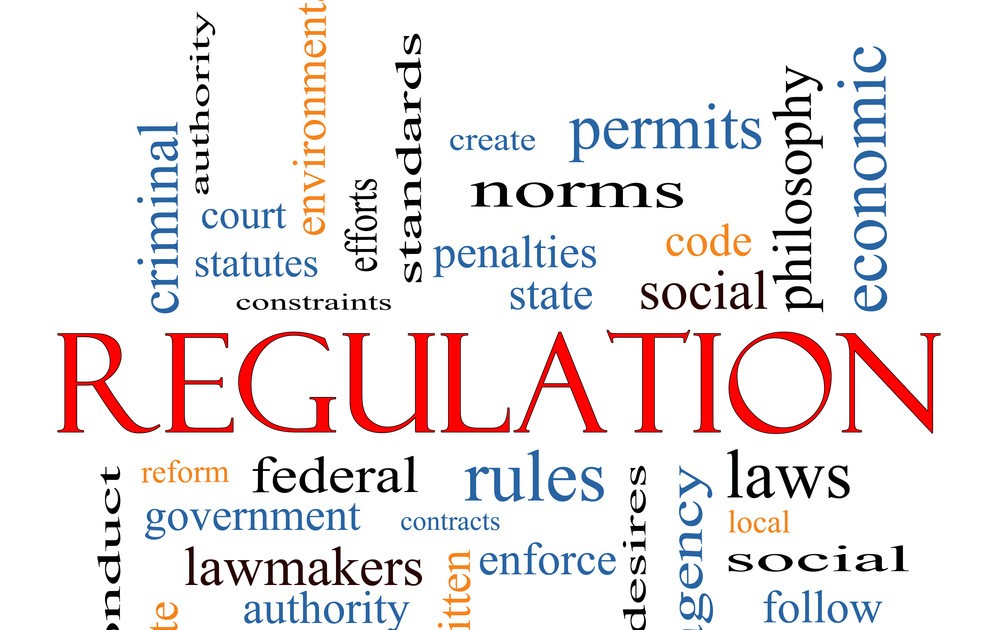OTC Markets Requests 15c-211 Disclosures by June 30
OTC Markets Pink companies will need to update their disclosure to ensure they comply with the new requirements.
- Alternative Reporting Companies: OTC Markets has updated the Disclosure Guidelines for Alternative Reporting Companies to include all the information required under amended Rule 15c2-11. Companies must follow the Guidelines to be designated “Current Information” or “Limited Information” and remain publicly quoted.
- Bank Reporting Companies: OTC Markets has created new Disclosure Guidelines for Bank Reporting Companiesto include all the information required under amended Rule 15c2-11. Banks and bank holding companies must follow these Guidelines to be designated “Current Information” or “Limited Information” and remain publicly quoted.
- International Reporting Companies: Companies that are current in their periodic disclosure and are listed on a Qualified Foreign Exchangethat requires disclosure in English will remain in compliance and may continue to be publicly quoted. Other international companies seeking to ensure their ongoing compliance may publish their disclosure directly to OTC Markets for review.
OTC Markets has indicated Impacted OTC Pink companies should provide the required disclosure to OTC Markets by June 30th. This will ensure that the OTC Markets Issuer Compliance Team has sufficient time to review and update market status for companies prior to the rule’s compliance date on September 28th. Securities that do not meet the Rule’s disclosure standard will have their public quotes removed from the OTC Markets Pink as of the September deadline.
TD Ameritrade to restrict orders in Caveat Emptor designated OTC securities to liquidating trades only
According to a statement posted on the TD Ameritrade website, the popular trading platform will restrict orders in Caveat Emptor designated OTC securities to liquidating trades only starting May 25, 2021.
Robinhood Legal Battle Updates
On April 16, 2021, the Securities and Exchange Commission (“SEC”) case against Robinhood Financial moved one step closer to a payout when the SEC issued an Order appointing JND Legal Administration as the Fund Administrator of the Fair Fund established for the $65,000,000 that Robinhood Financial had agreed to pay on December 17, 2020.
The Fair Fund will be used to distribute the $65,000,000 among harmed investors.
SEC Charges Ubong Uboh and Tyler Crockett for Using a Call Room to Manipulate Stocks
On April 20, 2021, the Securities and Exchange Commission (the “SEC”) filed charges against Ubong Uboh and Tyler Crockett for soliciting investors to purchase shares of several microcap issuers from a call room in Miami, Florida.
Five Individuals Charged in Fraud Stock Offering, Stock Manipulation and Money Laundering Scheme
On Wednesday, April 14, 2021, five Individuals were indicted for a stock manipulation/money laundering scheme involving a private oil and gas company and two public Issuers, OrgHarvest Inc (“ORGH”) and ERF Wireless Inc (“ERFB”).
The five-count indictment filed in federal court in Brooklyn charged Richard Dale Sterritt, Jr (“Sterritt”), Michael Greer (“Greer”), Robert Magness (“Magness”), Mark Ross (“Ross”) and Robyn Straza (“Straza”) with conspiracy to commit securities fraud, wire fraud and money laundering, among other offenses.
Direct Public Offering Attorneys, DPO, Go Public Direct
 Most small private companies are unable to find an underwriter prior to going public. A direct public offering (“Direct Public Offering”) provides a viable solution to these companies. Using a Direct Public Offering to go public direct can allow the company to sell its shares directly to investors without the use of an underwriter. With a Direct Public Offering, the company typically files a registration statement with the Securities and Exchange Commission (“SEC”) under the Securities Act of 1933, as amended (the “Securities Act”), typically on EC Form S-1 or F-1
Most small private companies are unable to find an underwriter prior to going public. A direct public offering (“Direct Public Offering”) provides a viable solution to these companies. Using a Direct Public Offering to go public direct can allow the company to sell its shares directly to investors without the use of an underwriter. With a Direct Public Offering, the company typically files a registration statement with the Securities and Exchange Commission (“SEC”) under the Securities Act of 1933, as amended (the “Securities Act”), typically on EC Form S-1 or F-1
A Form S-1 registration statement can be used by a company to register securities on its own behalf in an initial public offering, register securities on behalf of its selling security holders in a secondary offering or both to register securities on its own behalf as well as for selling security holders.
Using a Direct Public Offering and Form S-1 to Go Public Direct
All issuers qualify to file a registration statement on Form S-1 and it is the most common registration statement form used in going public transactions. Filing a registration statement in connection with a going public transaction eliminates many of the risks and expenses associated with reverse mergers including among other things, undisclosed liabilities, sketchy corporate records, DTC Chills, Global Locks and SEC trading suspensions. Read More

































